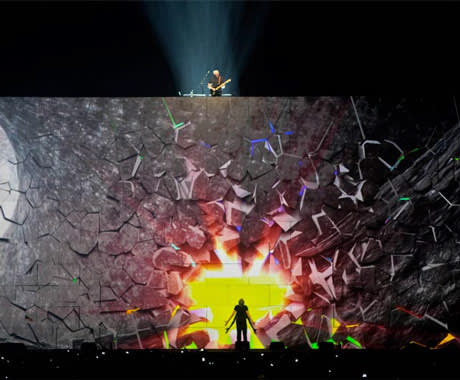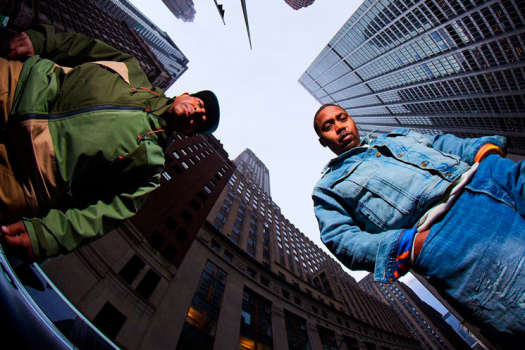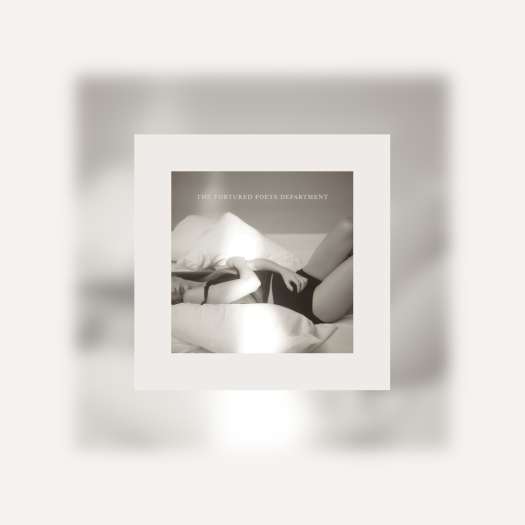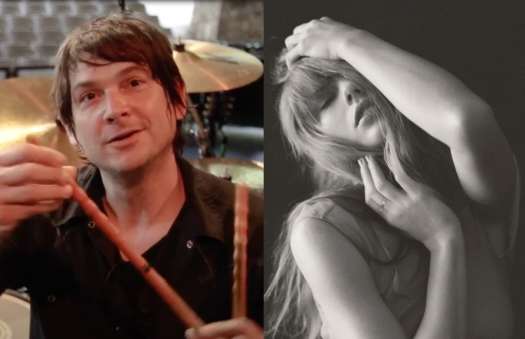Helmed by stadium rock visionary Roger Waters, Pink Floyd's The Wall — and subsequent film and stage show — lit a million stoned minds ablaze with its philosophical ponderings on anxiety, celebrity, alienation, isolation, war and capitalism. Thirty-five years on, the album is as popular as ever (at least, as far as classic rock radio stations and "deep" teenagers are concerned). That's partly because of its so-simple-even-a-15-year-old-could-understand-it subject matter, but mostly because, as far as theatrical rock dramas go, the album actually rocks pretty damn hard. That seems to be the reason why Waters, perhaps Pink Floyd's most productive member since the band's slow demise, continues to revisit the material in countries around the globe. That, or he's just as big of an egomaniac as his protagonist Pink.
That all being said, Roger Waters The Wall — the TIFF-selected concert film that was originally recorded over three nights in two separate continents — is not only one of the best concert films this festival has ever seen (sorry, Metallica Through the Never), but one of the best rock'n'roll-based ones of all time.
As far as the actual music is concerned, there are no real changes to the material here (save for a section in which Waters performs a double-tracked vocal duet with himself via a previously recorded performance at Earl's Court in 1980). Performed live with a host of session musicians (including his son, Harry), the pitch-perfect tracks come off better than ever (especially Waters' underrated fretwork). However, The Wall is a visual experience, and the songs here wouldn't sound half as good without a stunning live show.
For Pink Floyd fans, tales of The Wall's live show have become legendary over the years. The simple premise is still the same (i.e. building a physical wall up around the stage and band, then knocking it to the ground during the set's final numbers), but modern technology has allowed this once grand spectacle to look better than ever. State of the art projection technology allows a full cinematic landscape to be brushed over the entire length of the wall, and although a lot of the thematic and animated material remains from the original 1982 picture, most of it has been updated to relate to modern times. (Essentially, Bob Geldof is gone, but the plants that look like vaginas and fascist imagery are still there.)
Interspersed throughout the actual concert are dramatic (and not so dramatic) scenes of Waters, his friends and his family silently driving his Bentley from the English countryside to the plains of France and coastal Italy, all in an attempt to reconnect with his past. (His father, Eric, passed away when Roger was only five months old during the second World War, and is the ultimate inspiration behind The Wall.) Scenes of Waters crying candidly at war monuments are particularly heartbreaking, especially for a concert film, but add to the overall experience of the production.
These days, on stage and screen, The Wall is ultimately an anti-war message. At the ripe old age of 71, Waters no longer experiences the drug-induced isolation documented in the original story — he's angry that the world's wars continue to take fathers away from their children. That's a strong message, whether you love rock'n'roll or not.
(Rue 21 Productions Limited)That all being said, Roger Waters The Wall — the TIFF-selected concert film that was originally recorded over three nights in two separate continents — is not only one of the best concert films this festival has ever seen (sorry, Metallica Through the Never), but one of the best rock'n'roll-based ones of all time.
As far as the actual music is concerned, there are no real changes to the material here (save for a section in which Waters performs a double-tracked vocal duet with himself via a previously recorded performance at Earl's Court in 1980). Performed live with a host of session musicians (including his son, Harry), the pitch-perfect tracks come off better than ever (especially Waters' underrated fretwork). However, The Wall is a visual experience, and the songs here wouldn't sound half as good without a stunning live show.
For Pink Floyd fans, tales of The Wall's live show have become legendary over the years. The simple premise is still the same (i.e. building a physical wall up around the stage and band, then knocking it to the ground during the set's final numbers), but modern technology has allowed this once grand spectacle to look better than ever. State of the art projection technology allows a full cinematic landscape to be brushed over the entire length of the wall, and although a lot of the thematic and animated material remains from the original 1982 picture, most of it has been updated to relate to modern times. (Essentially, Bob Geldof is gone, but the plants that look like vaginas and fascist imagery are still there.)
Interspersed throughout the actual concert are dramatic (and not so dramatic) scenes of Waters, his friends and his family silently driving his Bentley from the English countryside to the plains of France and coastal Italy, all in an attempt to reconnect with his past. (His father, Eric, passed away when Roger was only five months old during the second World War, and is the ultimate inspiration behind The Wall.) Scenes of Waters crying candidly at war monuments are particularly heartbreaking, especially for a concert film, but add to the overall experience of the production.
These days, on stage and screen, The Wall is ultimately an anti-war message. At the ripe old age of 71, Waters no longer experiences the drug-induced isolation documented in the original story — he's angry that the world's wars continue to take fathers away from their children. That's a strong message, whether you love rock'n'roll or not.




